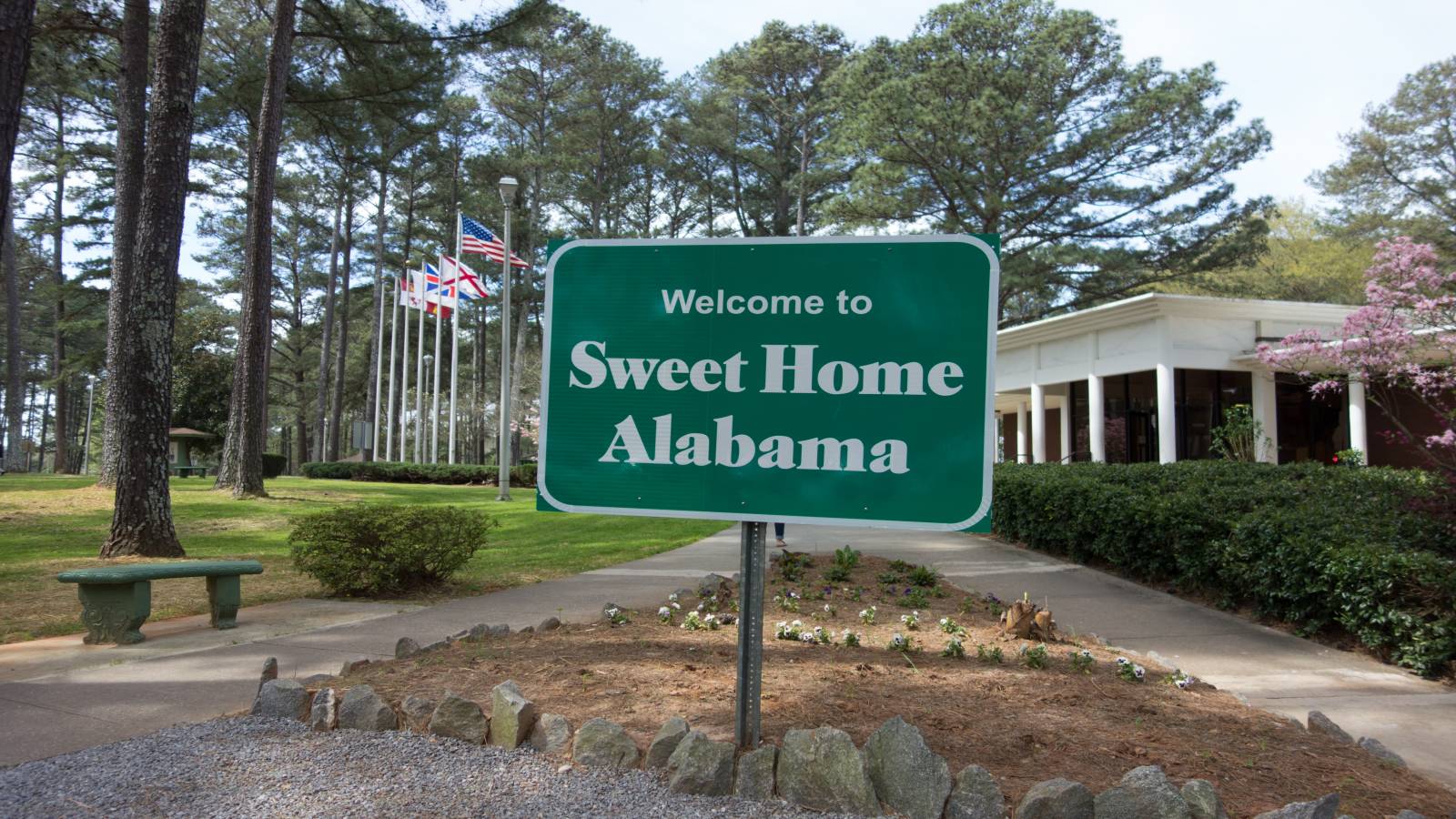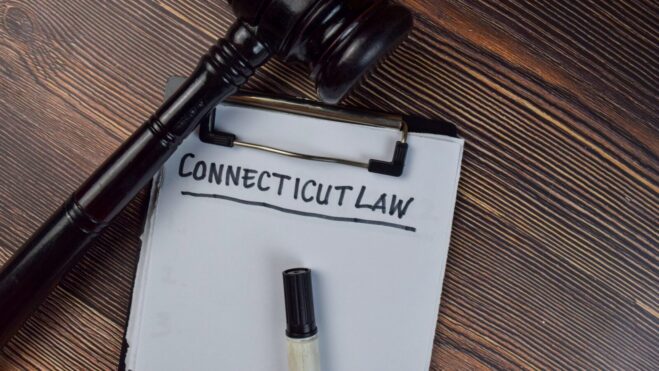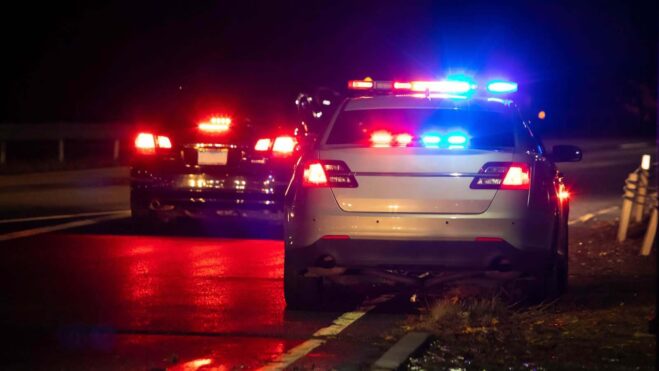Alabama Legislature Stalls On Lottery And Gambling Bills, Gov. Ivey Says No Special Session
Efforts to add a lottery and casinos in Alabama have failed this year as the legislative session ends with no progress.
2 min

The legislative session in Alabama has drawn to a close without the advancement of significant lottery and gambling bills, marking a continuation of the state’s long-standing impasse on this contentious issue.
Despite the efforts of some lawmakers and the initial momentum that suggested a potential shift in the state’s gambling landscape, the inability of the House and Senate to reconcile their differences on the language of the legislation ultimately led to its stagnation.
The proposed legislation, House Bill 151 and House Bill 152, aimed to introduce a state education lottery and authorize electronic gaming at seven locations throughout Alabama. This move was seen as a potential pathway to bolster the state’s education funding through the lottery and to regulate and capitalize on gambling activities that are already occurring unofficially. The bills sought to establish a framework for these activities, with the former focusing on the constitutional amendment required to legalize a state lottery and the latter detailing the regulatory measures for electronic gaming.
The House of Representatives had passed these bills with a significant majority, signaling strong support within one chamber of the legislature. However, the Senate proved to be the bottleneck, with the bills failing to secure the necessary votes to pass.
One of the key issues was the exclusion of sports betting from the final version of the bills, which was a divisive topic among legislators. Additionally, there were disagreements over the allocation of the generated revenue, which could have been up to $1.2 billion, according to some estimates. Some advocating for a more significant portion to be directed toward education, while others argued for an even distribution between education and the state’s general funds.
A House (and Senate) divided
Sen. Greg Albritton, a proponent of the bills, expressed his disappointment at the outcome, noting that the failure to pass the legislation denied Alabamians the opportunity to vote on the matter. The sentiment was echoed by Governor Kay Ivey, who had previously indicated support for letting the people of Alabama decide on the legalization of a lottery as part of a limited expansion of legal gambling. However, with the legislative session concluded and the bills stalled, Governor Ivey announced that she would not call a special session to revisit the issue this year.
The impasse is reflective of a broader debate that has persisted in Alabama for over two decades. Proponents of the gambling expansion argue that it would generate much-needed revenue for the state, create jobs, and bring Alabama’s gambling laws in line with many other states. Opponents, however, raise concerns about the social impact of gambling, the potential for increased addiction, and the ethics of relying on gambling revenue for state funding.
The legislative stalemate is particularly frustrating for supporters of the bills, as public opinion polls have indicated a strong desire among Alabamians to have their say on the issue. The failure to pass the legislation means that, for now, the status quo remains, with Alabama continuing to forgo the potential economic benefits of a regulated gambling industry and state lottery.
Alabama joins the club
Besides Alabama, 2024 has seen a number of states grapple with the complexities of gambling legislation, with varying degrees of success. New York’s efforts to expand gambling legislation also met with resistance.
While the state has a history of contentious debates over gambling, the 2024 legislative session did not yield the breakthroughs that supporters had hoped for. Proposed legislation aimed to build upon the existing framework, which already includes several forms of legalized gambling, has not gone the way some lawmakers and gambling supporters expected.
Illinois, another state with a rich history of gambling, saw its own legislative efforts stall. The state, which has previously embraced riverboat casinos and other forms of gambling, could not muster the necessary support to pass new online gambling legislation. This outcome left many stakeholders questioning the future direction of gambling in Illinois, particularly in terms of online and sports betting.
The situation was similar in Indiana and New Hampshire, both of which signaled late last year that they would not be pursuing gambling legislation in 2024. The decisions marked a departure from previous years, where there had seemed to be more of an appetite for such legislation. Now, the industry won’t see any significant growth until 2025 at the earliest.





